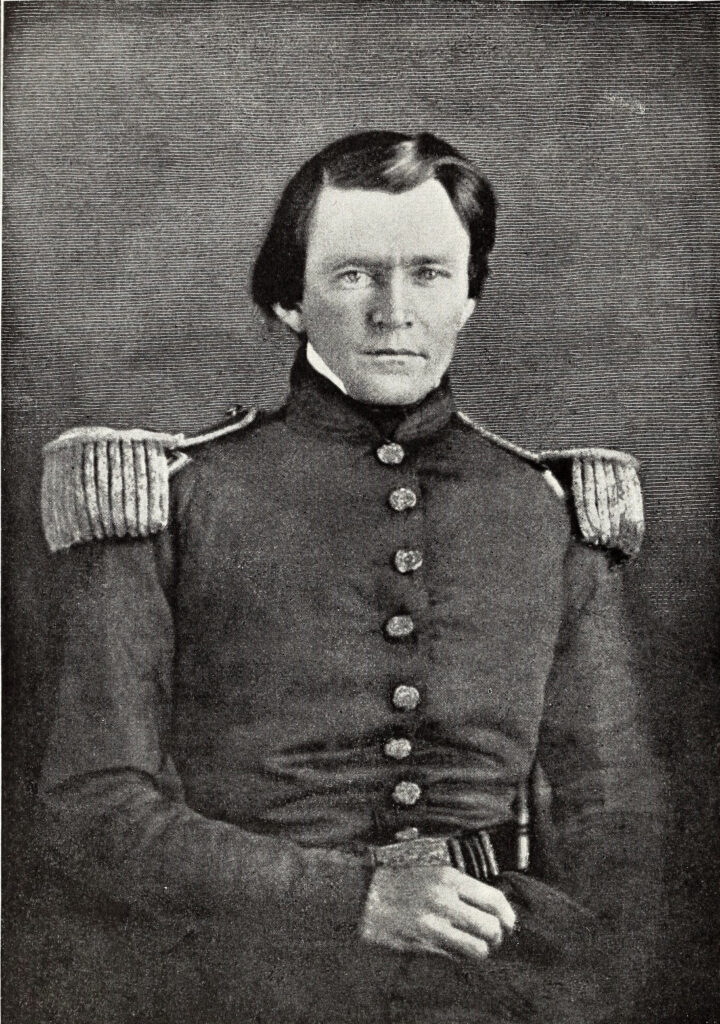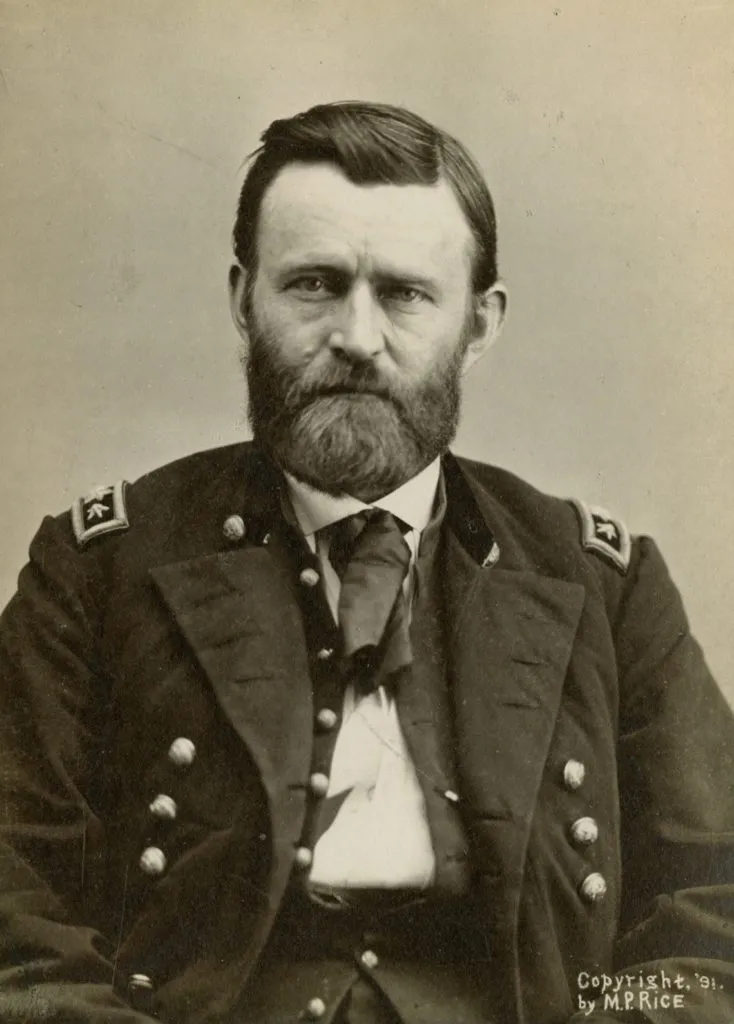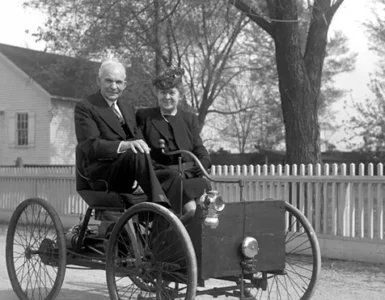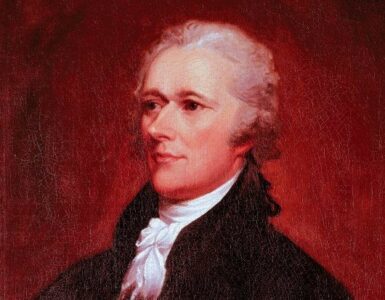Ulysses S. Grant was one of the most influential military leaders in American history and served as the 18th President of the United States from 1869 to 1877. Best known for leading the Union Army to victory during the American Civil War, Grant played a crucial role in preserving the Union and ending slavery. His presidency was marked by significant Reconstruction efforts, the fight for civil rights, and challenges related to corruption and economic instability. Though his legacy has been debated, recent historical reevaluations have highlighted his strong commitment to justice and national unity.
Grant’s life was defined by resilience, determination, and a deep sense of duty. Despite setbacks in his early career and personal life, he rose to become a symbol of national strength and leadership. His actions on the battlefield and in the White House left a lasting imprint on the United States during one of its most transformative eras. As a general and as a president, Ulysses S. Grant helped shape the course of American history.
Early Life and Military Beginnings
Ulysses S. Grant was born Hiram Ulysses Grant on April 27, 1822, in Point Pleasant, Ohio. He was raised in a modest, working-class family and showed an early talent for horsemanship. In 1839, he was nominated to attend the United States Military Academy at West Point. A clerical error during his enrollment led to him being registered as Ulysses S. Grant—a name he adopted for the rest of his life. At West Point, he was an average student academically but excelled in math and equestrian skills. He graduated in 1843 and was commissioned as a second lieutenant in the U.S. Army.
Grant served with distinction during the Mexican-American War under generals Zachary Taylor and Winfield Scott. He gained valuable experience in leadership and logistics, but he became disillusioned with the war and the politics behind it. After the war, Grant was stationed at various posts, often far from his family. Struggling with isolation and financial difficulties, he eventually resigned from the military in 1854. He spent the next few years in civilian life, working in several jobs that offered little success. Despite these setbacks, the outbreak of the Civil War would soon provide him with the opportunity to rise again.

Civil War Leadership and Union Victory
When the Civil War erupted in 1861, Grant rejoined the military and quickly proved his worth. Appointed a colonel in the Illinois militia, he earned a series of rapid promotions due to his strong leadership and battlefield success. In 1862, he captured Forts Henry and Donelson in Tennessee, giving the Union a crucial foothold in the South. His demand for “unconditional surrender” at Donelson earned him national fame and the nickname “Unconditional Surrender” Grant. Later that year, he fought at the bloody Battle of Shiloh, where Union forces held their ground in a hard-fought victory.
As the war continued, Grant demonstrated a keen strategic mind and a relentless drive to defeat the Confederacy. In 1863, he led the successful Siege of Vicksburg, splitting the Confederacy in two and securing control of the Mississippi River. This major victory, along with his continued success in the Western Theater, impressed President Abraham Lincoln, who appointed Grant as commander of all Union armies in 1864. In this role, Grant launched a series of coordinated campaigns against Confederate forces. His dogged pursuit of General Robert E. Lee’s army ultimately led to Lee’s surrender at Appomattox Court House in April 1865, effectively ending the Civil War.
Reconstruction and Presidential Election
Following the war, Grant was celebrated as a national hero. His popularity and strong alignment with Republican ideals made him a natural choice for the presidency. In 1868, he ran as the Republican nominee and won the election decisively, becoming the youngest president elected at that time. His campaign slogan, “Let us have peace,” resonated with a nation eager to heal after years of bloody conflict. Grant took office with a vision of unity, civil rights, and national rebuilding during the challenging Reconstruction period.
As president, Grant was committed to enforcing the rights of newly freed African Americans in the South. He worked to implement the Reconstruction Acts and supported the ratification of the Fifteenth Amendment, which guaranteed voting rights regardless of race. Grant used federal power to combat the Ku Klux Klan and protect Black citizens from violence and intimidation. His Justice Department prosecuted white supremacists and enforced civil rights laws, making his administration one of the most active in promoting racial equality during Reconstruction. However, he faced fierce opposition from Southern Democrats and others resistant to change, making lasting reform difficult.
Challenges of Corruption and Economic Crisis
Despite his noble intentions, Grant’s presidency was plagued by scandals and economic challenges. While Grant himself was honest and devoted to public service, many of his appointees and allies engaged in corrupt practices. The most notorious scandal, the Whiskey Ring, involved government officials and whiskey distillers conspiring to defraud the federal government of tax revenue. Although Grant worked to prosecute the perpetrators, the scandal damaged his administration’s reputation. Other controversies, such as the Crédit Mobilier scandal and the actions of Secretary of War William Belknap, further tainted his legacy.
In 1873, the nation was hit by a severe economic downturn known as the Panic of 1873. Triggered by the collapse of major banks and railroad companies, the depression led to widespread unemployment, business failures, and hardship. Grant attempted to stabilize the economy through policies such as the Resumption Act, which aimed to return the U.S. to the gold standard. While these measures helped in the long term, they offered little immediate relief to struggling Americans. The economic crisis and ongoing scandals weakened Grant’s popularity, though he was re-elected in 1872 with a strong majority.
Post-Presidency and Final Years

After leaving office in 1877, Grant embarked on a two-year world tour with his wife Julia, where he was received with great admiration by foreign leaders and the public. He returned to the U.S. and briefly reentered politics, hoping for a third presidential term in 1880. However, he failed to secure the Republican nomination, and his political career effectively came to an end. In his later years, Grant faced financial ruin due to a fraudulent investment scheme, leaving him nearly penniless.
To support his family, Grant began writing his memoirs with the help of author Mark Twain. Despite suffering from throat cancer, he completed the Personal Memoirs of Ulysses S. Grant shortly before his death in 1885. The memoirs were a critical and commercial success, praised for their honesty and literary quality. Grant died on July 23, 1885, and was buried in New York City. His tomb, known as Grant’s Tomb, remains one of the largest mausoleums in the United States. He was remembered as a national hero who served his country with honor and dedication.
Legacy and Historical Reevaluation
Ulysses S. Grant’s legacy has undergone significant reevaluation over time. For many years, historians criticized his presidency for its scandals and perceived ineffectiveness. However, more recent scholarship has highlighted his achievements in civil rights, his commitment to justice, and his strong leadership during Reconstruction. Grant’s efforts to protect African Americans and promote equality were far ahead of his time and laid the foundation for future civil rights movements.
As a general, Grant is widely regarded as one of America’s greatest military leaders. His strategic vision, bold tactics, and unwavering resolve were instrumental in winning the Civil War and preserving the Union. As a president, he governed with integrity and courage during one of the most complex periods in U.S. history. Today, Grant is increasingly recognized as a leader who rose above personal hardship to serve the nation with honor and vision.
Conclusion: The Lasting Impact of Ulysses S. Grant
Ulysses S. Grant was more than just a war hero—he was a man of character who faced extraordinary challenges with courage and resolve. From humble beginnings to the heights of military and political power, Grant demonstrated a lifelong commitment to unity, justice, and service. His leadership during the Civil War saved the nation, and his presidency sought to rebuild it on the principles of equality and freedom.
Though his presidency was not without flaws, Grant’s dedication to protecting the rights of all Americans, especially during Reconstruction, places him among the most impactful leaders in U.S. history. His resilience in the face of personal and national adversity makes his story both inspirational and deeply American. Ulysses S. Grant’s legacy continues to grow as a reminder that true leadership requires not only strength but also moral courage and compassion.





Add comment